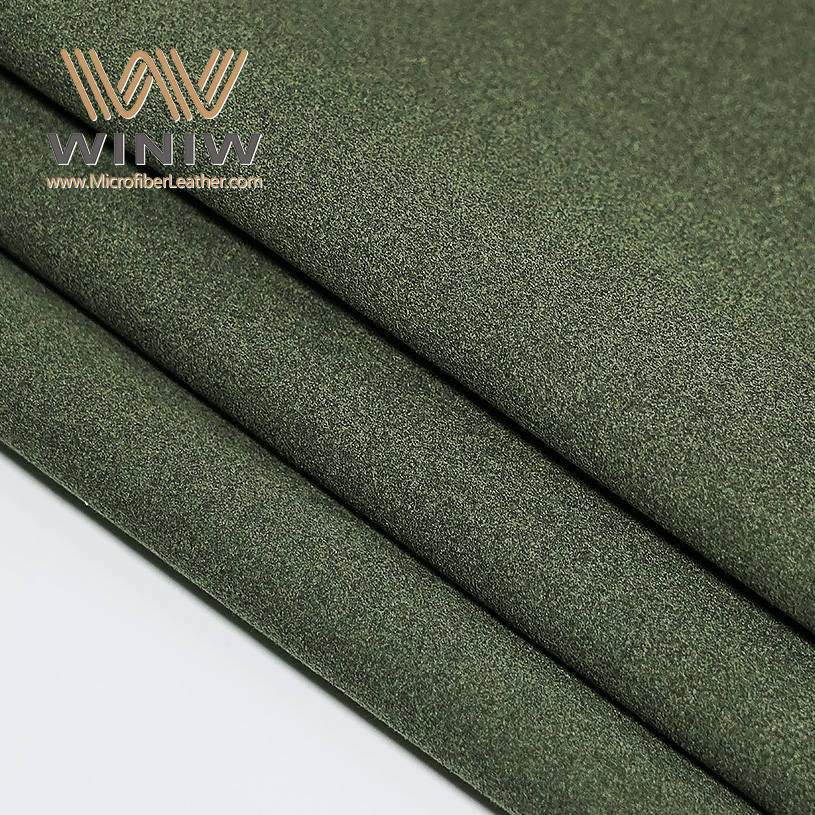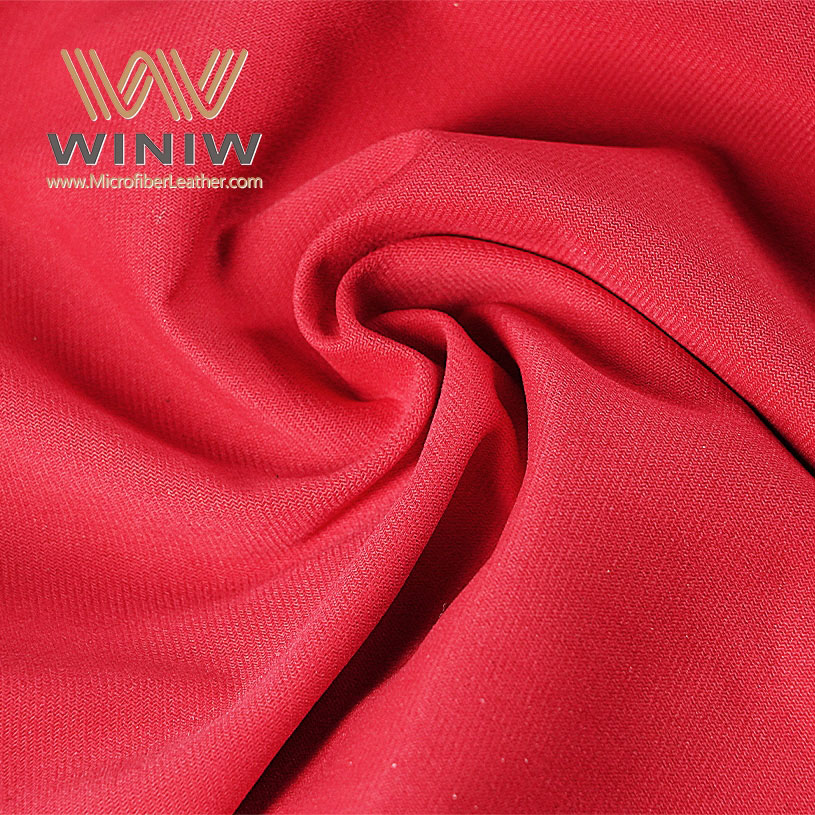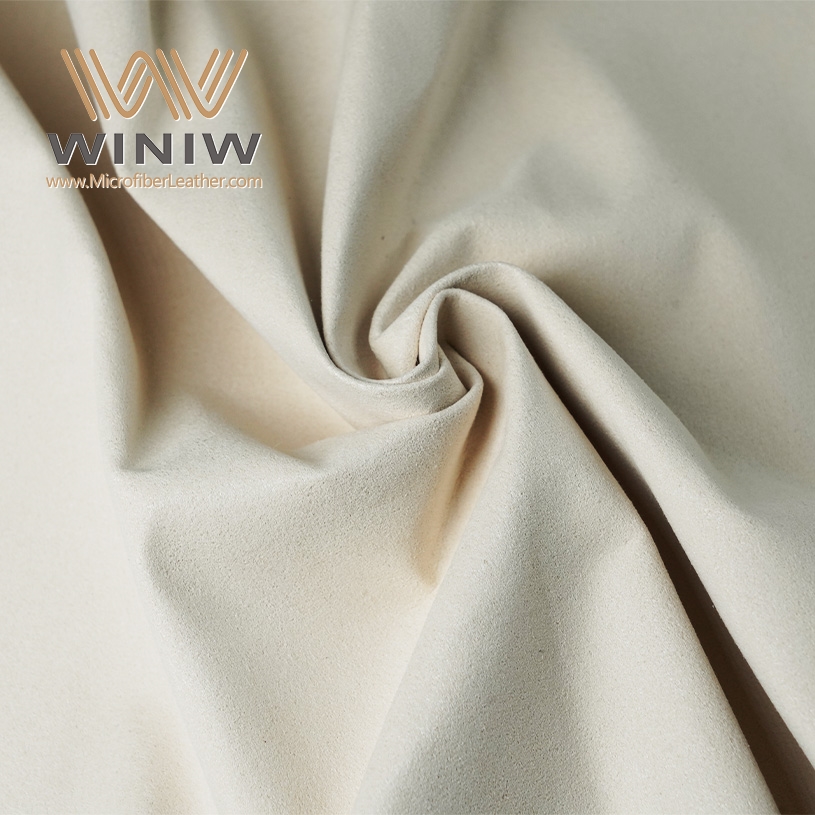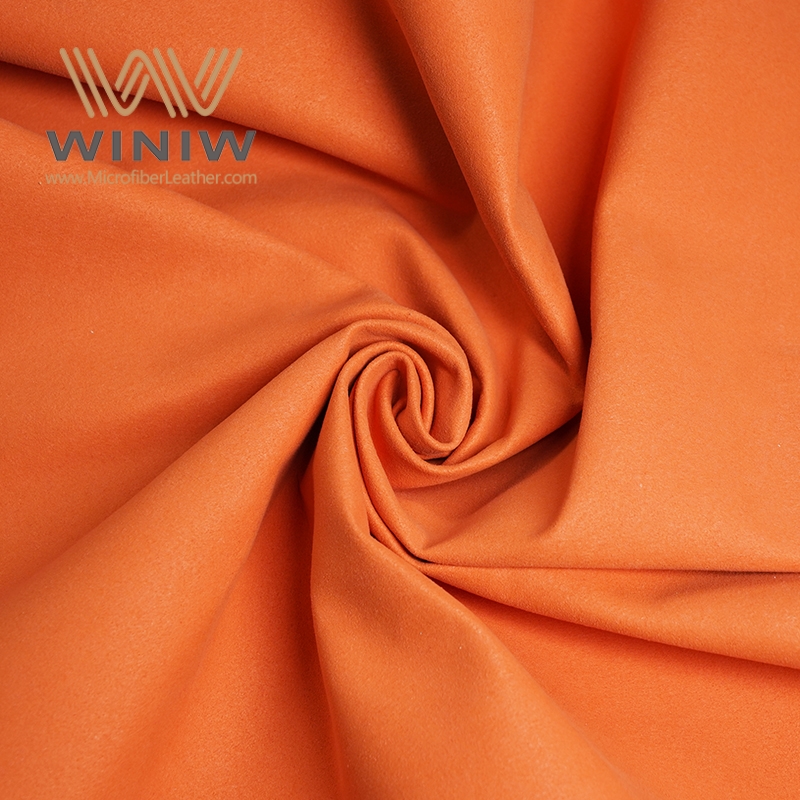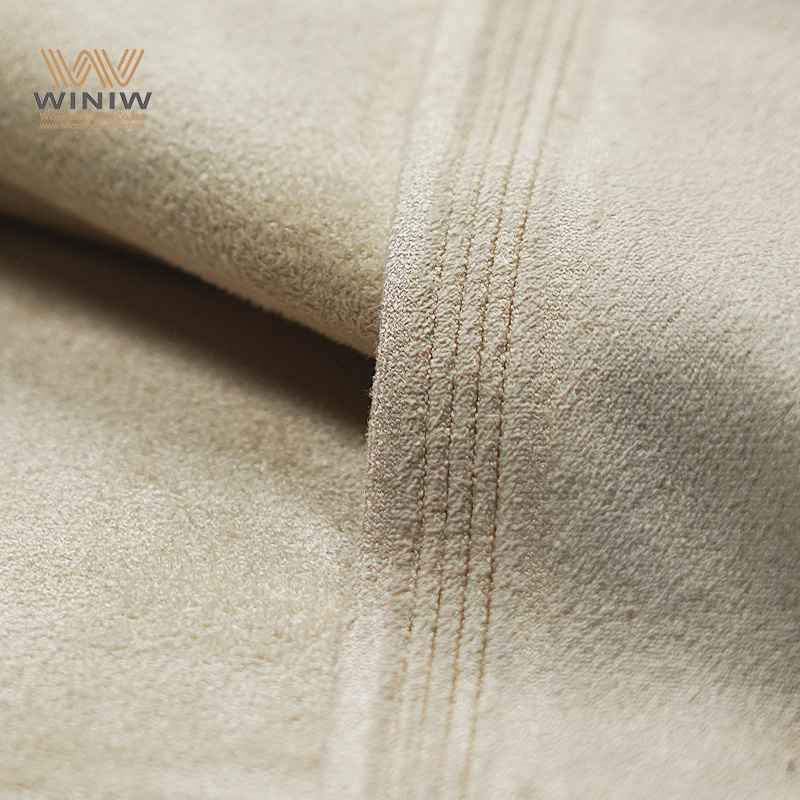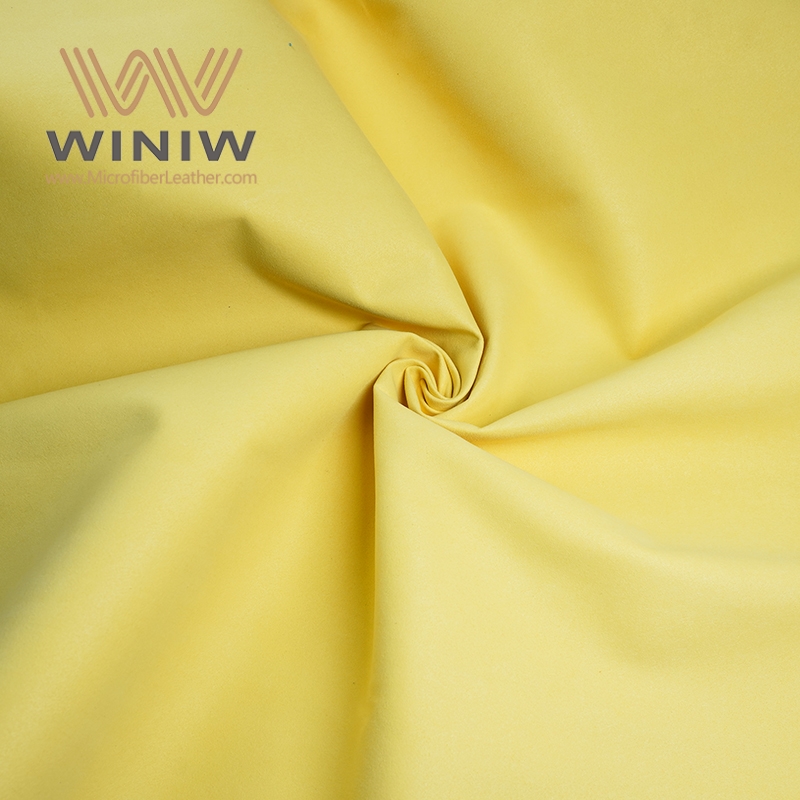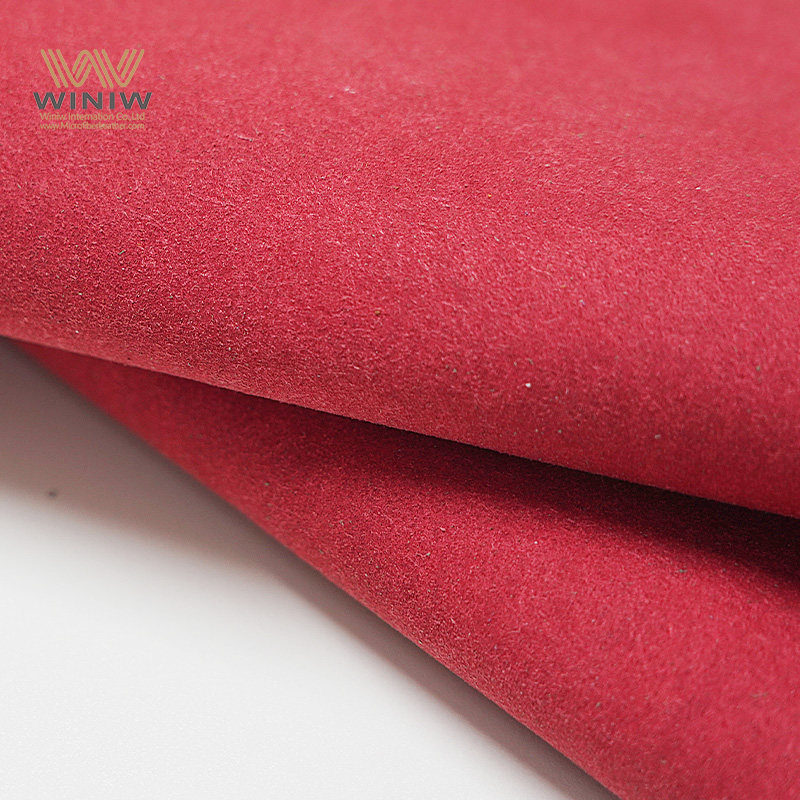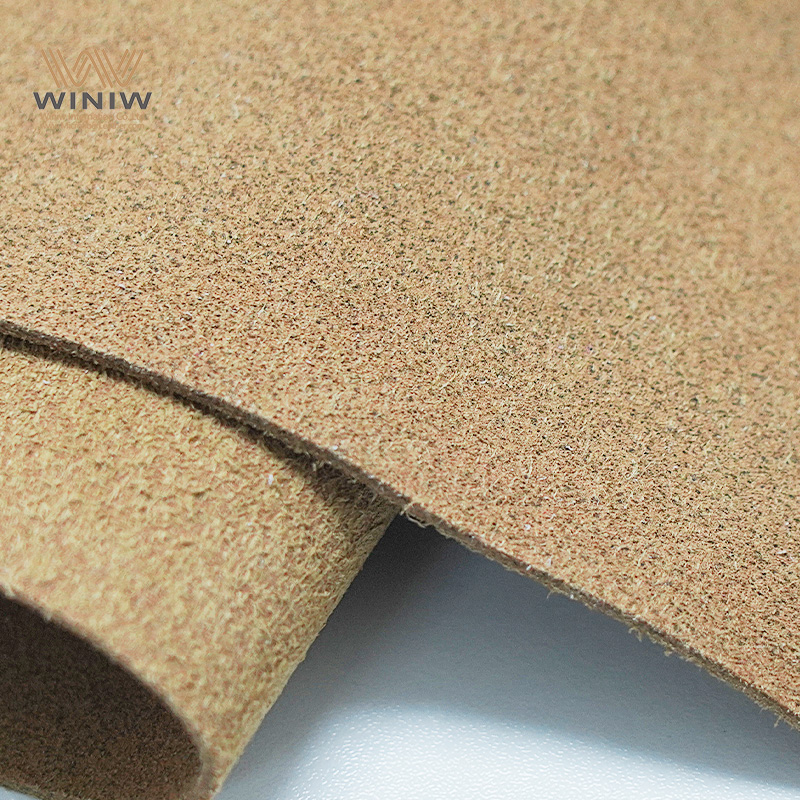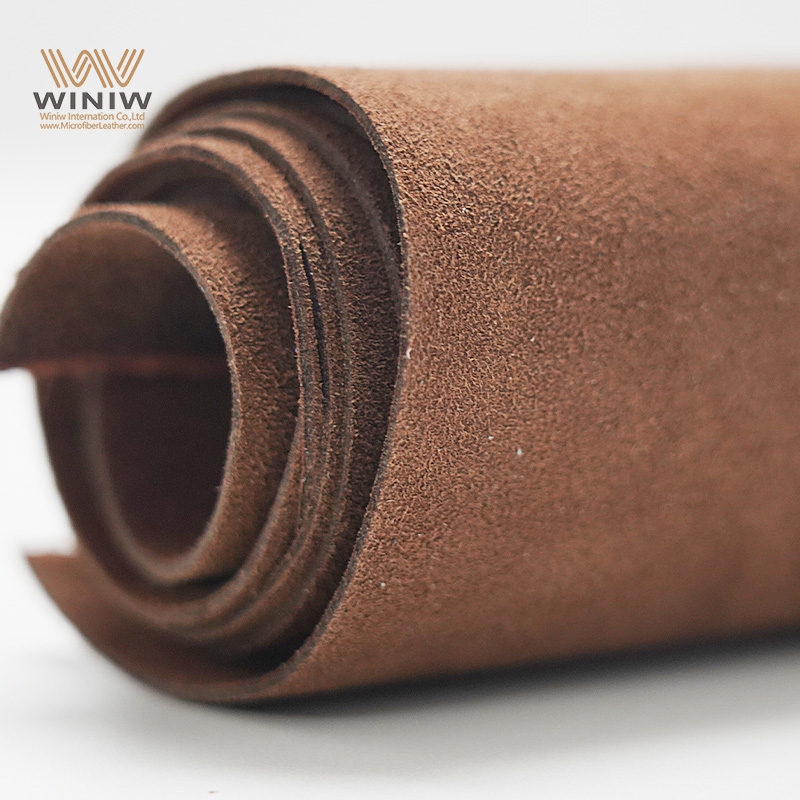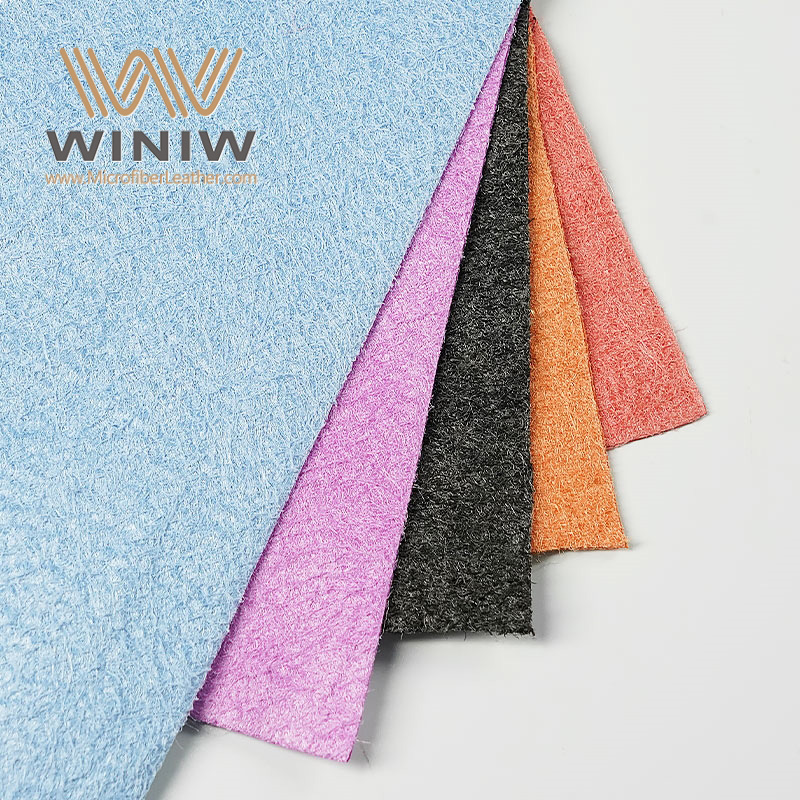
The right suede microfiber cloth can transform car detailing by offering superior protection for delicate surfaces. Industry studies show that careful maintenance of these fabrics helps preserve antimicrobial treatments, which extends the lifespan of car interiors. Sinocomfort’s Microfiber Suede Fabric stands out for its durability and soft texture, making it a reliable choice for those seeking lasting results. Proper technique not only improves the appearance of a vehicle but also safeguards its value over time.
Top Tips for Using Suede Microfiber Cloths in Car Detailing
Choose high-quality suede microfiber towels for superior softness and absorbency. They help prevent scratches and provide a streak-free finish.
Always wash new microfiber towels before first use. This step removes manufacturing residues and ensures optimal cleaning performance.
Use separate towels for different tasks to avoid cross-contamination. Assign specific colors for wheels, windows, and paintwork.
Inspect towels before each use. Ensure they are clean and free from debris to maintain a flawless finish on your vehicle.
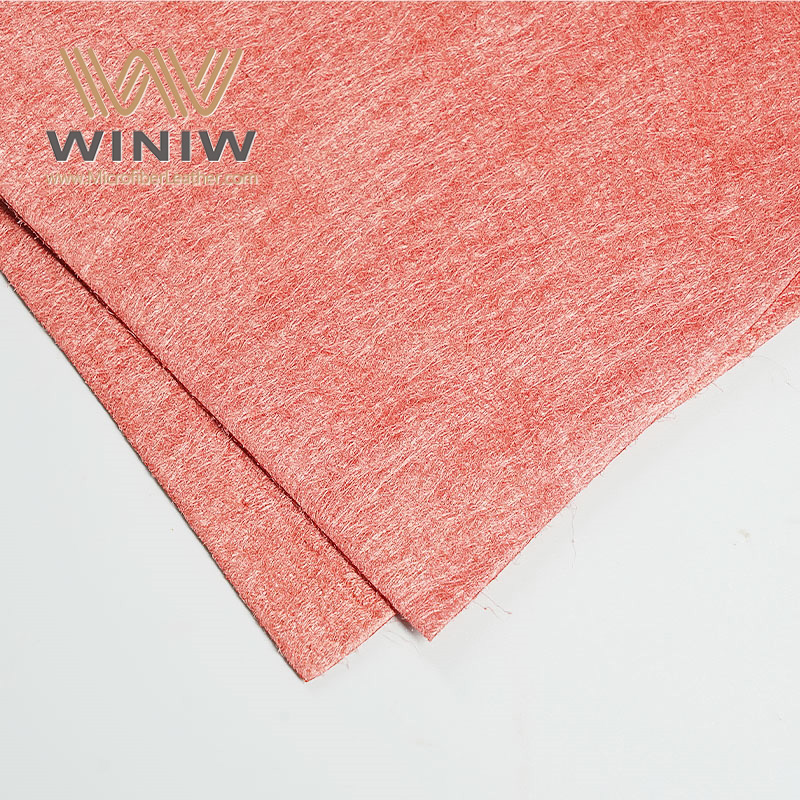
Store microfiber towels in a clean, dry container. Proper storage prevents contamination and keeps towels ready for use.
Rotate towels regularly to extend their lifespan. Assign each set to specific tasks to avoid excessive wear on any single towel.
Avoid using fabric softeners when washing towels. They can coat the fibers and reduce absorbency, affecting cleaning effectiveness.
Act quickly to treat stains on suede car seats. Blot spills gently and avoid harsh chemicals to maintain the material's integrity.
Why Suede Microfiber
Unique Properties
Suede microfiber stands out in car detailing because of its advanced structure and material composition. Manufacturers design microfiber towels with fibers that measure about 1/100th the diameter of a human hair. This fine construction gives the towels a soft, luxurious feel, similar to silk or genuine suede. The star-like structure of suede microfiber enhances its ability to trap dirt and moisture, making it highly effective for cleaning automotive surfaces.
Suede microfiber absorbs up to seven times its weight in liquid, which means it can handle spills and cleaning tasks with ease.
The uniform surface of microsuede ensures consistent contact with painted surfaces, reducing the risk of scratches.
Sinocomfort’s Microfiber Suede Fabric offers additional benefits such as waterproofing, heat insulation, and abrasion resistance, making it suitable for both interior and exterior applications.
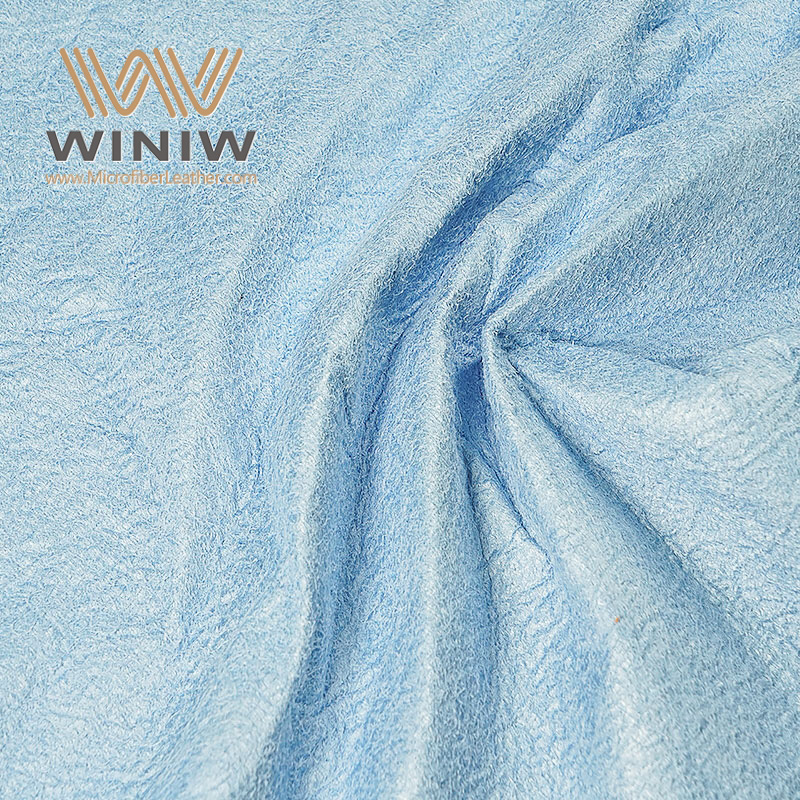
Professional detailers often choose microfiber towels for their superior softness and absorbency. The blend of polyester and polyamide in microfiber creates fibers that attract and hold dirt, dust, and moisture more effectively than cotton or other materials.
Benefits for Car Detailing
Microfiber towels provide several advantages for car detailing. The unique properties of suede microfiber make it especially valuable for maintaining automotive surfaces.
Suede microfiber delivers streak-free finishes and minimizes the risk of marring paint, which is essential for preserving a vehicle’s appearance.
Durability: Microsuede resists ripping and sun fading, ensuring long-lasting performance.
Ease of cleaning: Microfiber towels are easy to maintain and can be washed repeatedly without losing effectiveness.
Streak-free results: The smooth surface of suede microfiber helps achieve a clean, polished look on glass, paint, and interior surfaces.
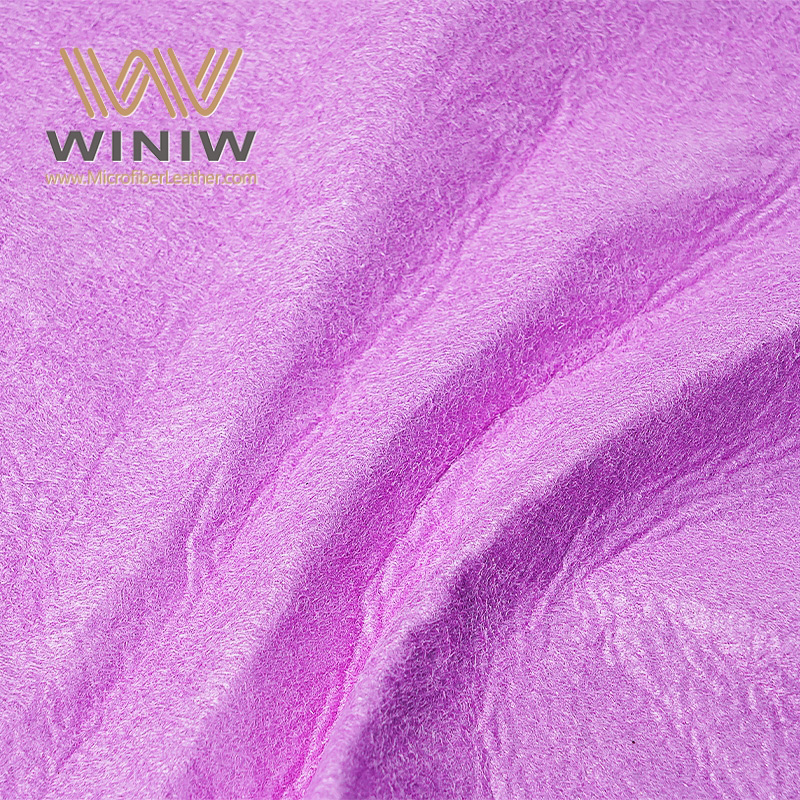
Sinocomfort’s Microfiber Suede Fabric combines these benefits with a range of colors and textures, allowing users to select the best option for their specific detailing needs.
Suede Microfiber vs. Microfiber Towels
Feature | Suede Microfiber | Traditional Microfiber Towels |
|---|---|---|
Surface Texture | Smooth, uniform | Looped, varied |
Absorbency | Up to 7x weight in liquid | High, but less uniform |
Risk of Scratching | Minimal | Moderate (depends on weave) |
Durability | High (abrasion-resistant) | Good, but may fray over time |
Cleaning Capability | Excellent for fine particles | Effective for general cleaning |
Suede microfiber towels offer a smoother and more uniform surface compared to traditional microfiber towels. This design minimizes the risk of scratching or marring paint during detailing. While both types of microfiber towels excel at trapping dirt and moisture, suede microfiber provides a delicate touch that is ideal for sensitive surfaces. The consistent performance of suede microfiber makes it a preferred choice for professional and enthusiast detailers alike.
Choosing Suede Microfiber
Key Features
Selecting high-quality microfiber towels for car detailing requires attention to several important features. The GSM (grams per square meter) rating plays a major role in performance. Towels with a GSM between 400 and 600 work well for washing, lifting dirt safely. For applying or removing waxes, a GSM range of 500 to 800 ensures streak-free results. Drying tasks benefit from towels with 1000 to 1500 GSM, which absorb water efficiently and prevent spots. Glass cleaning calls for a lighter towel, usually between 200 and 300 GSM, to avoid lint and streaks.
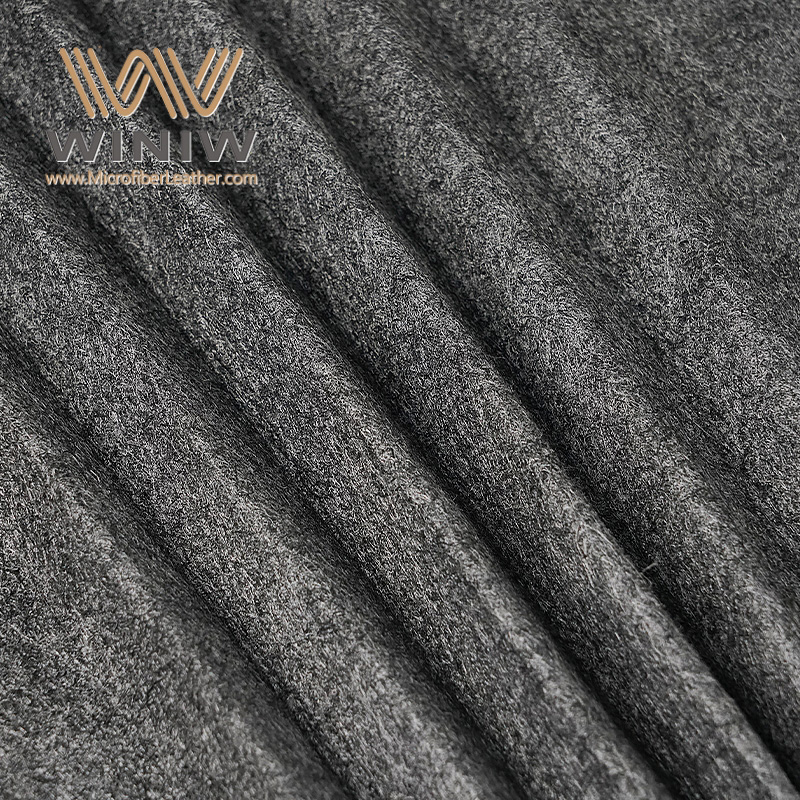
Microfiber towels should also feature strong stitching and soft, tag-free edges. These details help prevent scratches and maintain towel integrity after repeated washes. Size matters as well. Larger towels cover more surface area, while smaller ones suit tight spaces and delicate tasks.
Tip: Always check the fiber blend. A ratio of 80% polyester to 20% polyamide offers the best balance of softness and durability.
Best Microfiber Towels
Professional car detailers often recommend brands known for their quality and consistency. CARPRO’s Suede MicroFiber Applicator stands out for its ultra-soft material, making it ideal for applying coatings and working on sensitive surfaces. Sinocomfort has earned trust for its Microfiber Suede Fabric, which combines luxury with resilience. Their towels come in a wide variety of colors and textures, including velvet and faux elephant skin, to match different detailing needs.
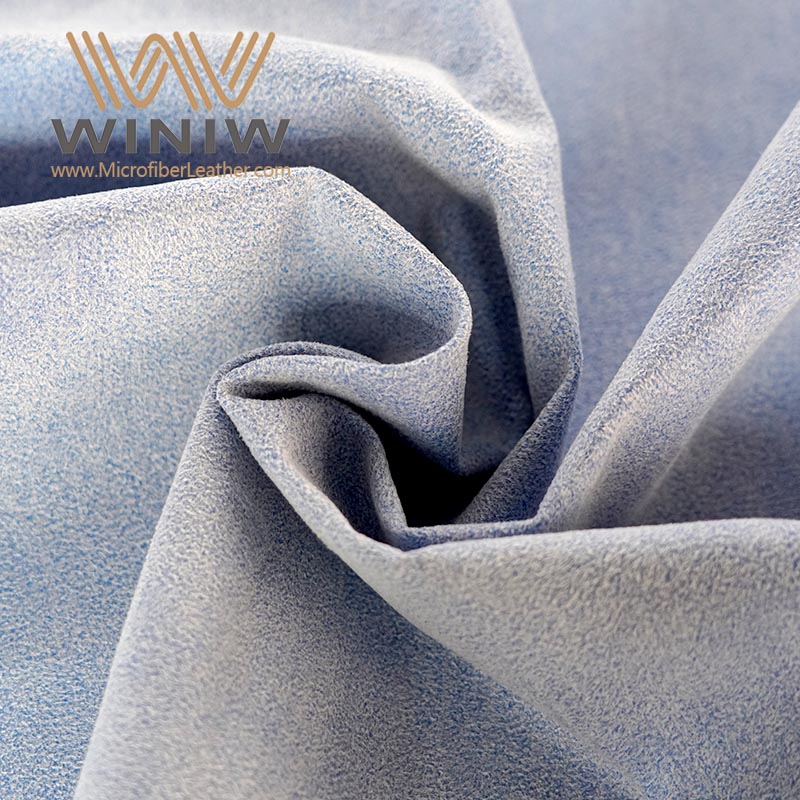
Colors/Textures | Description |
|---|---|
Wide range of colors | Various colors available for selection |
Velvet | A soft, luxurious texture |
Faux elephant skin | Unique texture resembling elephant skin |
Abrasion levels | Different levels suitable for various applications |
Waterproof | Resistant to water, enhancing durability |
Heat-insulated | Provides insulation against heat |
Blackout | Blocks light effectively |
Shrink-resistant | Maintains size after washing |
Abrasion-resistant | Durable against wear and tear |
Sinocomfort’s commitment to quality ensures that their microfiber towels deliver consistent results, whether used for interiors, exteriors, or glass.
Avoiding Low-Quality Options
Low-quality microfiber towels can damage vehicle surfaces and reduce detailing effectiveness. Signs of poor quality include low GSM, rough edges, and a lower polyamide percentage. Towels with stitched nylon tags or sharp materials may scratch paint and clear coats. After washing, these towels often feel rougher and may leave faint scratches or marring.
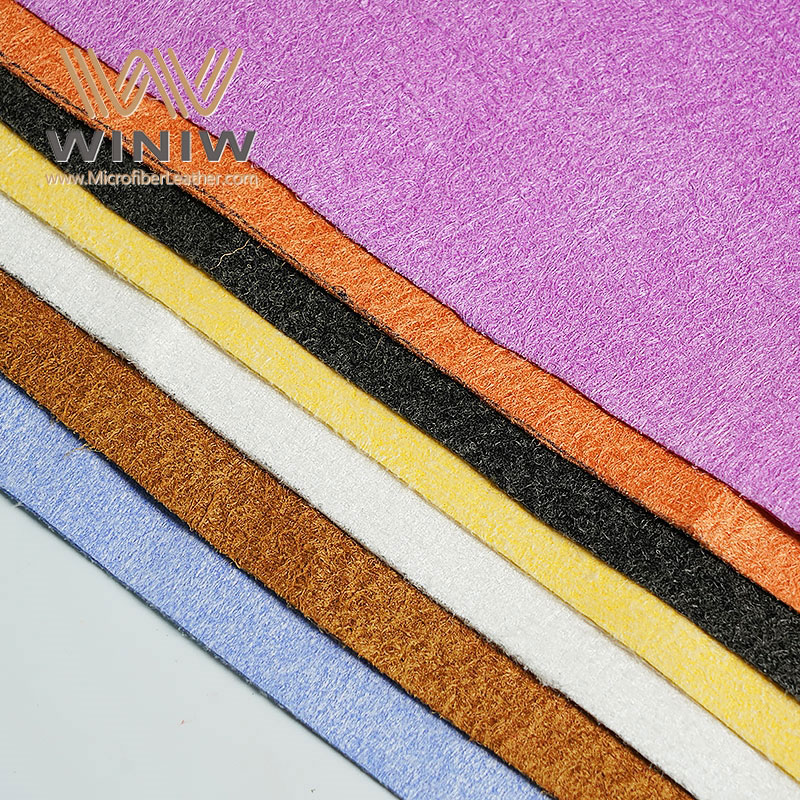
Low GSM fiber count
Lower polyamide percentage (less than 20%)
Rough stitched tags
Towels feel rough after washing
May leave light marring or scratches
Fillers or synthetic blends in inferior towels can cause swirls and scratches, especially on soft clear coats. Choosing towels with high GSM, soft edges, and a balanced fiber blend helps protect the vehicle and ensures a smooth, professional finish.
Preparing Microfiber Towels
Washing Before Use
Proper preparation of microfiber towels ensures optimal performance during car detailing. Many experts recommend washing suede microfiber towels before their first use. This step removes any residual dyes and microfibers left from the manufacturing process. New towels often contain chemical additives, such as UV stabilizers and phthalates, which can affect both cleaning results and health. Washing suede microfiber towels separately from other fabrics prevents lint and debris accumulation.
Wash brand-new microfiber towels before first use to reduce linting and ensure cleanliness.
Always wash microfiber towels separately to avoid contamination from other materials.
Use a gentle detergent designed for microfiber towels. Avoid fabric softeners, as they leave a coating on the fibers that decreases absorbency and cleaning power.
Select a warm water setting for washing suede microfiber towels. This temperature helps remove contaminants without damaging the fibers.
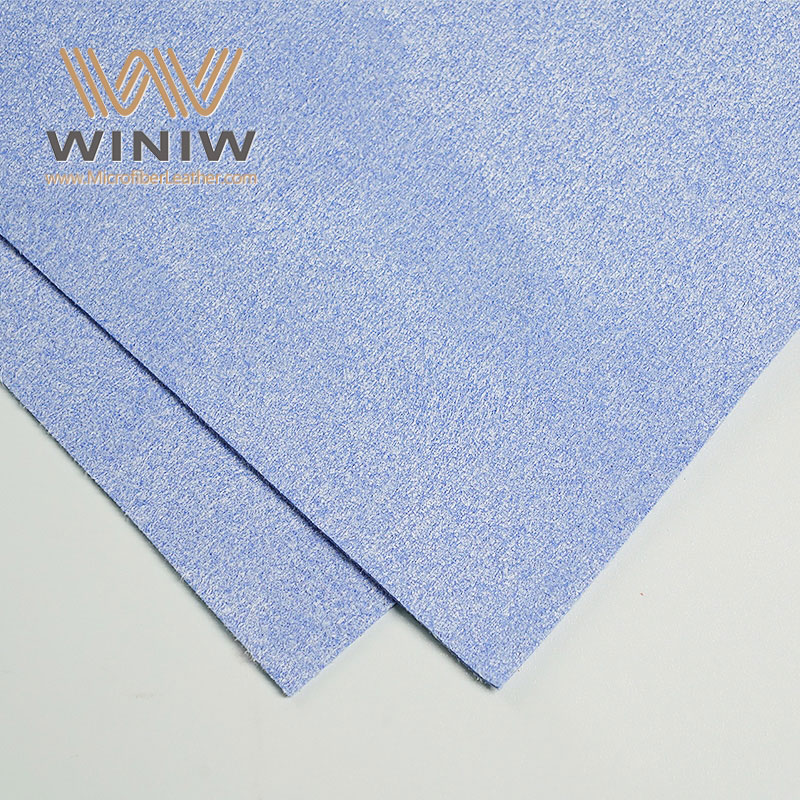
Tip: Washing suede microfiber towels before use helps maintain their softness and ensures streak-free cleaning.
Inspecting for Contaminants
Inspection plays a vital role in maintaining the quality of microfiber towels. New towels may contain microfibers from textile production or chemical additives. These contaminants can pose health risks and reduce cleaning effectiveness. Before using microfiber towels, check for loose threads, debris, or any unusual odors.
Examine each towel for visible particles or manufacturing residue.
Run a clean hand over the surface to detect rough spots or embedded debris.
If any contaminants appear, repeat the washing process to ensure the towels are safe for cleaning tasks.
A careful inspection guarantees that microfiber towels deliver the best results on sensitive car surfaces.
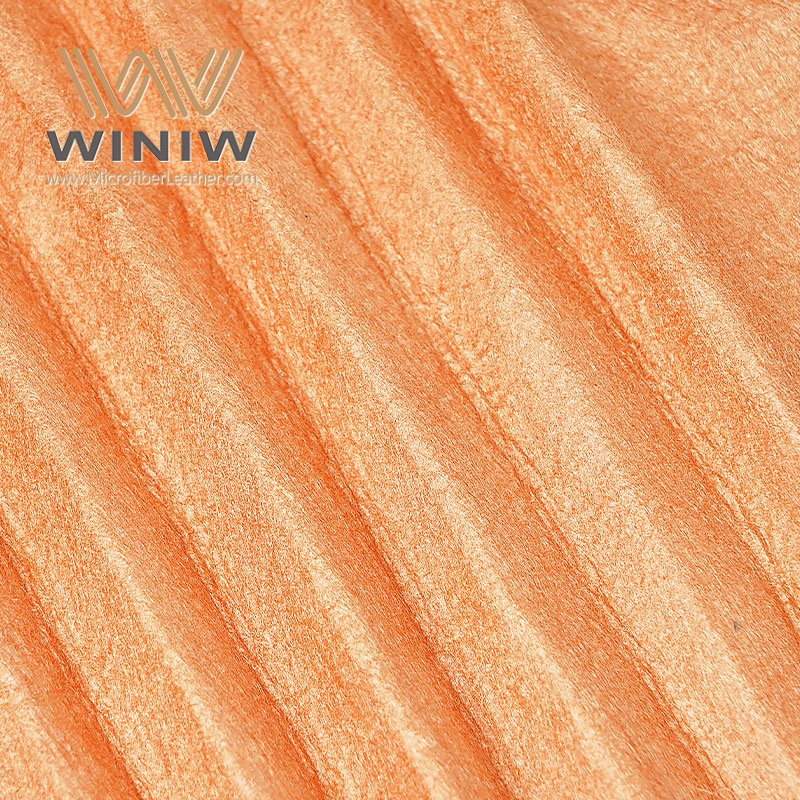
Storage Tips
Storing microfiber towels correctly preserves their quality and prevents contamination. After drying, fold towels immediately to maintain their shape and softness. Use a plastic bin with a tight-fitting lid to shield towels from airborne particles and moisture. Always inspect towels for debris and loose threads before placing them in storage.
Storage Practice | Benefit |
|---|---|
Plastic bin with tight lid | Prevents airborne contamination |
Immediate folding after drying | Maintains towel quality |
Separate storage from other items | Reduces risk of cross-contamination |
Inspection before storage | Ensures towels remain clean and effective |
Note: Avoid storing microfiber towels with other materials. This practice prevents contamination and keeps towels ready for cleaning.
Microfiber towels require careful washing, inspection, and storage to maximize their lifespan and performance. These steps help maintain the absorbency, softness, and cleaning power that make microfiber towels essential for car detailing.
Using Suede Microfiber
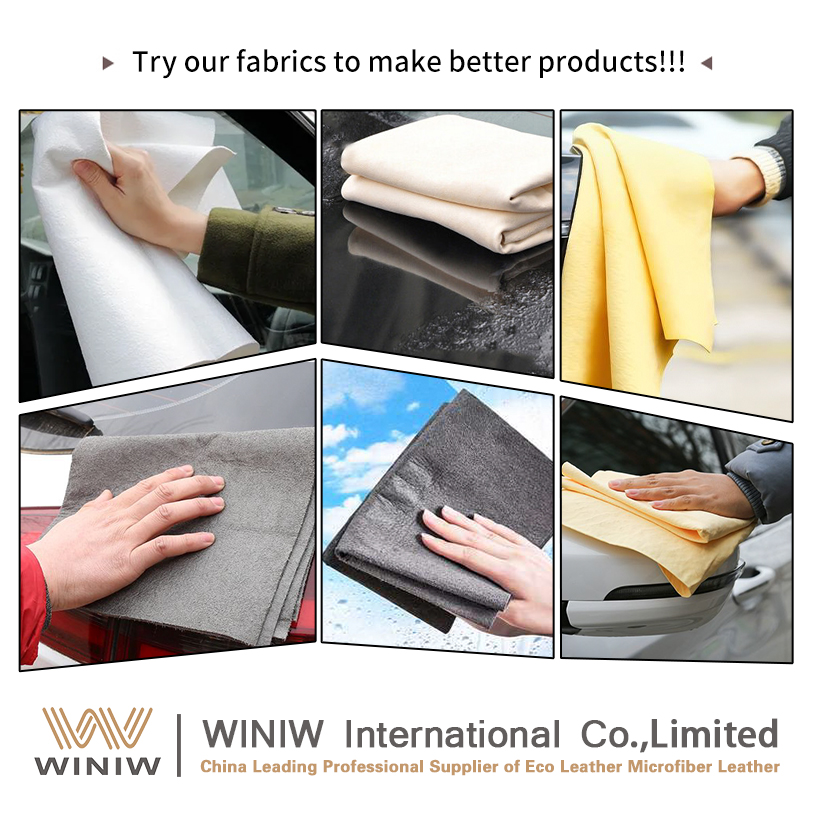
Application Techniques
Detailers achieve the best results by following specific techniques when using microfiber towels. The smooth surface of suede microfiber allows for gentle cleaning, which helps prevent scratches and swirl marks. For most tasks, they fold the towel into quarters. This method provides multiple clean surfaces and better control during use.
Start by selecting the right towel for the job. Use a high-quality microfiber towel with a soft edge.
Fold the towel into quarters to maximize surface area and maintain a clean section for each wipe.
Wipe in straight lines rather than circles. This approach reduces the risk of creating visible marks on paint or glass.
Apply light pressure. Let the microfiber do the work, as excessive force can push dirt into the surface.
Tip: Assign different colored towels for specific tasks. For example, use one color for wheels, another for windows, and a third for paintwork. This practice helps prevent cross-contamination and keeps residues from transferring between surfaces.
Using different colored towels for each area of the vehicle helps detailers avoid cross-contamination. By designating colors for particular uses, the risk of transferring dirt or residues from one surface to another is significantly reduced.
Assign a specific color for drying wheels
Use a different color for cleaning windows
Limit the use of each towel to its designated area to prevent residue transfer
Interior Detailing
Microfiber towels play a crucial role in interior detailing. They remove dust, fingerprints, and stains from dashboards, door panels, and trim without leaving lint or scratches. Regular maintenance keeps the interior looking fresh and extends the life of materials.
Begin with a soft brush to loosen dust and debris from surfaces.
Use a clean, dry microfiber towel to wipe away loose particles.
For moderate cleaning, lightly dampen a towel with water or a gentle cleaner. Blot and wipe the area, focusing on high-touch spots like steering wheels and armrests.
Address stains promptly. Blot spills with a dry towel, then use a damp towel to lift the residue. Avoid rubbing, as this can spread the stain.
For persistent stains, use a diluted cleaner and a microfiber towel. Always test cleaners on a hidden area first.
Note: Avoid harsh chemicals when cleaning interiors. Microfiber towels work effectively with just water or mild solutions.
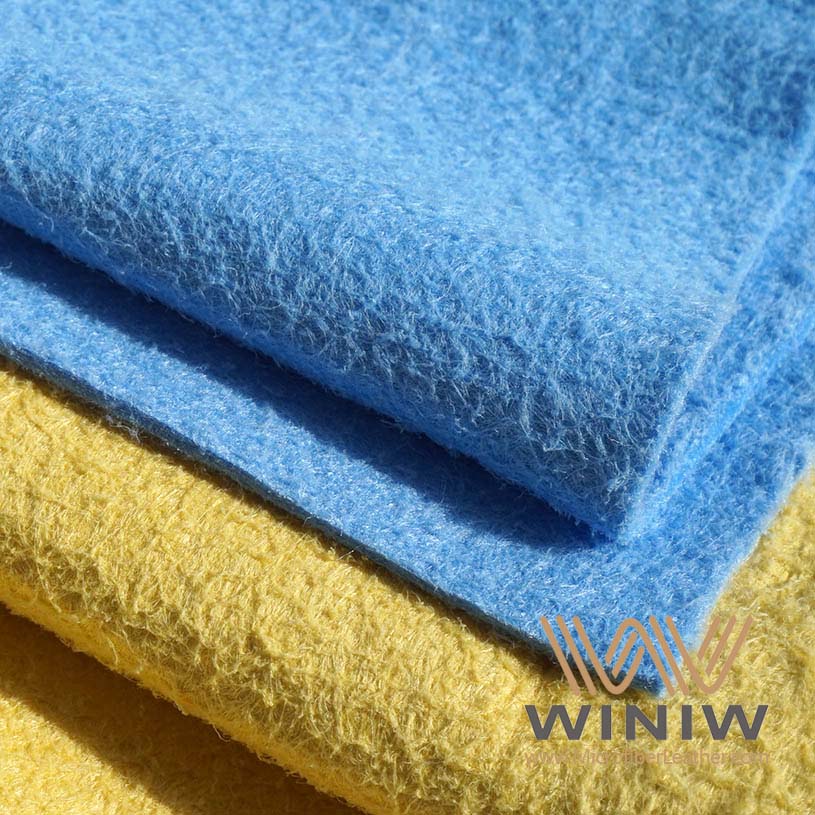
Using microfiber towels for interior detailing ensures streak free finishes and protects delicate surfaces. Assigning towels for specific tasks, such as one for glass and another for trim, further reduces the risk of cross-contamination.
Suede Car Seats
Suede car seats require special care to maintain their appearance and texture. Using suede microfiber towels helps preserve the soft feel and prevents damage. Regular maintenance and prompt stain removal are essential for keeping seats in top condition.
Avoid harsh chemicals. Strong detergents or solvents can damage the suede.
Do not soak the seats. Excessive moisture may cause water stains and weaken the fibers.
Never use a vacuum directly on suede car seats. Direct suction can fray or tear the delicate material.
Address spills and stains immediately. Blot the area gently with a dry microfiber towel. For thicker substances, use a spatula to lift the residue before blotting.
For light stains, wipe with a damp microfiber towel and warm water. For tougher stains, use a diluted suede cleaner or a small amount of rubbing alcohol on a towel.
Step | Action |
|---|---|
1. Dust Removal | Use a soft brush to lift dust and prevent matting. |
2. Light Cleaning | Wipe with a damp microfiber towel and warm water. |
3. Stain Treatment | Blot spills quickly, avoid pressing down, and use a spatula if needed. |
4. Deep Cleaning | Apply diluted suede cleaner or rubbing alcohol for persistent stains. |
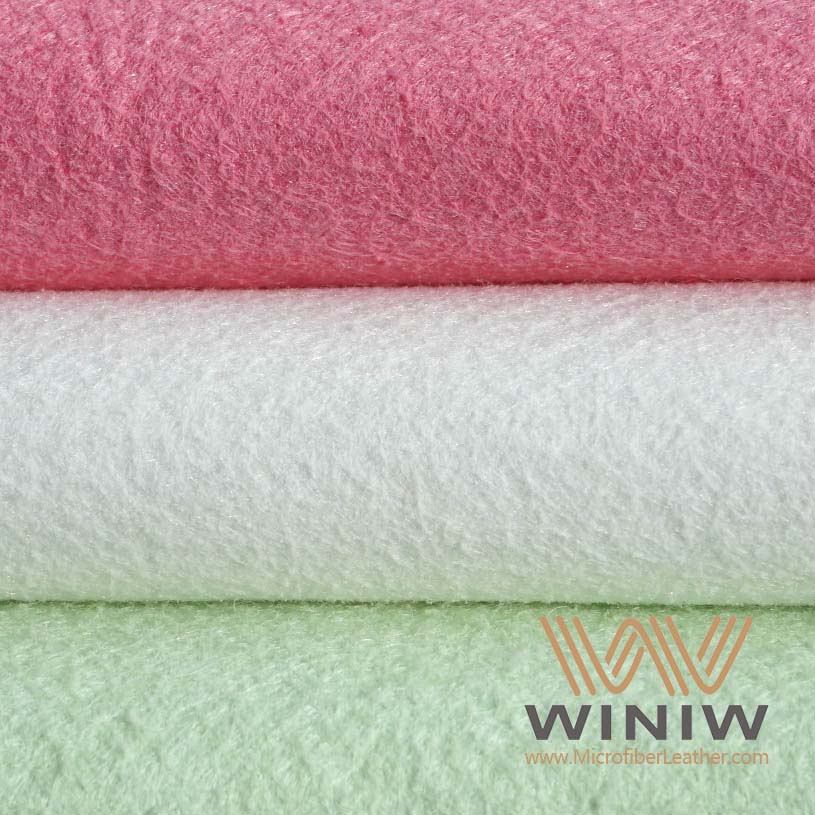
Prompt stain removal prevents permanent marks and keeps suede car seats looking new. Using suede microfiber towels for each step ensures gentle care and effective cleaning. Assigning a specific towel for seats, separate from those used on other surfaces, helps prevent contamination and maintains the integrity of the material.
Using microfiber towels designed for suede car seats provides a safe and effective way to handle stains, dust, and spills. This approach extends the life of the seats and keeps the interior looking luxurious.
For best results, avoid using terry microfiber towels or using waffle weave microfiber towels on suede car seats, as their textures may be too aggressive for delicate surfaces.
Glass and Coatings
Suede microfiber towels deliver outstanding results when cleaning automotive glass and working with ceramic coatings. Many detailers select these towels for their smooth texture and lint-free finish. The uniform surface of suede microfiber prevents streaks and leaves windows crystal clear.
Cleaning glass with suede microfiber requires a systematic approach. First, choose a clean towel dedicated to glass surfaces. Spray a small amount of glass cleaner directly onto the towel, not the window. Wipe the glass in straight lines, starting from the top and moving downward. This method reduces the chance of streaks and ensures even coverage. Flip the towel to a dry side and buff the glass until it shines.
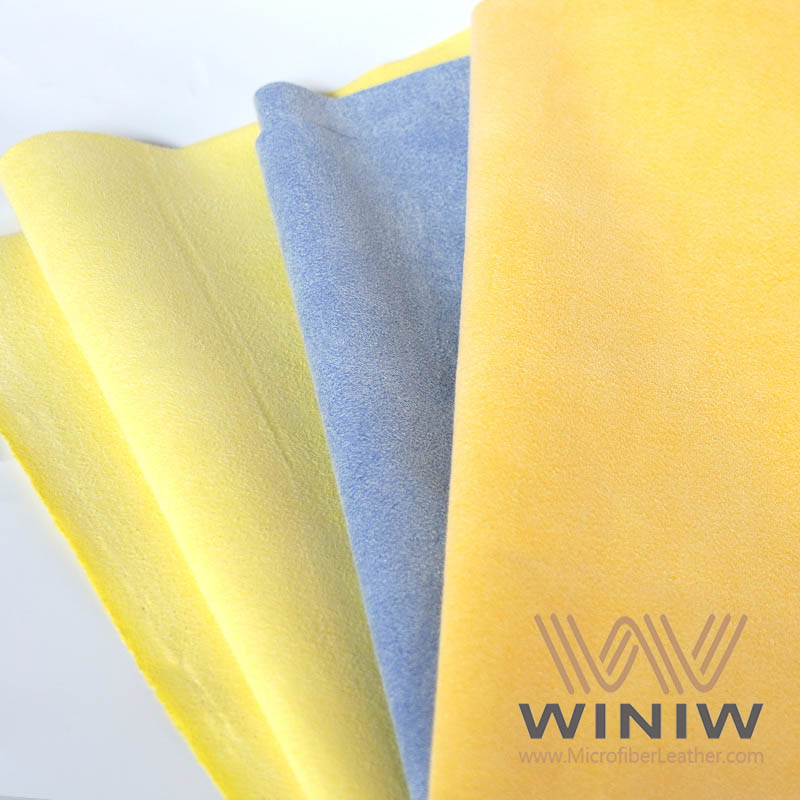
Tip: Use separate towels for interior and exterior glass to avoid cross-contamination.
Sinocomfort’s Microfiber Suede Fabric stands out for its ability to trap fine particles and moisture. The towel’s soft fibers glide across glass without scratching or leaving residue. Many professionals recommend these towels for removing stubborn spots, fingerprints, and haze.
When applying or removing ceramic coatings, suede microfiber towels offer several advantages. The smooth weave levels coatings evenly and prevents excess product buildup. Many users find these towels essential for working with popular coatings such as CarPro CQuartz, Gtechniq CSL, and EXO.
Suede microfiber towels excel at removing ceramic coatings and leveling out the finish.
These towels work well for eliminating excess product after applying coatings.
Many detailers consider them a must-have for coating applications, including CarPro CQuartz and Gtechniq CSL.
To remove ceramic coatings, fold the towel into quarters. Gently wipe the surface in straight lines. Avoid using circular motions, which can cause uneven coverage. Replace the towel once it becomes saturated with product to maintain effectiveness.
Task | Suede Microfiber Benefit |
|---|---|
Cleaning glass | Streak-free, lint-free finish |
Removing ceramic coatings | Even leveling, no scratches |
Buffing after application | Absorbs excess product, leaves shine |
Suede microfiber towels provide a reliable solution for glass and coatings. Their design ensures a flawless finish and protects delicate surfaces. Sinocomfort’s Microfiber Suede Fabric offers durability and consistent performance, making it a preferred choice for both enthusiasts and professionals.
Do’s and Don’ts
Essential Do’s
Car detailers achieve the best results when they follow proven practices for suede microfiber towels. Dedicated towels for specific tasks help maintain their effectiveness.
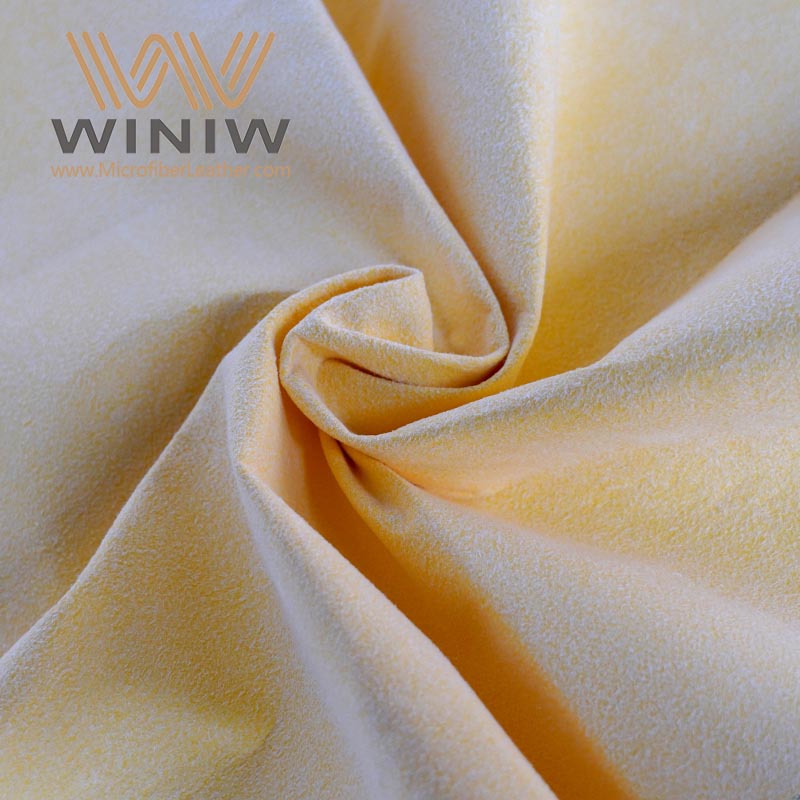
Use separate suede microfiber towels for polishing and detailing metal surfaces. This prevents contamination and keeps the towels in top condition.
Clean and dry wheels with a different towel. Wheel grime can transfer to other surfaces if not separated.
Inspect towels before each use. Non-contaminated towels deliver even, streak-free finishes on metals and paint.
Wash towels regularly with a gentle detergent. This step removes dirt and maintains absorbency.
Store towels in a clean, dry container. Proper storage protects towels from dust and moisture.
Assign colors for different tasks. Color coding reduces the risk of cross-contamination.
Fold towels into quarters. This technique provides multiple clean surfaces during detailing.
Tip: Dedicated towels for each area of the vehicle help prevent accidental scratches and maintain a professional finish.
Common Don’ts
Mistakes during car detailing can damage both the towel and the vehicle surface. Avoiding these errors ensures a smooth process and protects your investment.
Using a dirty towel introduces scratches and swirl marks. Always check towels before use.
Not pre-washing new towels leaves manufacturing residues. Pre-wash to remove chemicals and loose fibers.
Applying too much pressure pushes dirt into the surface. Gentle pressure prevents scratches.
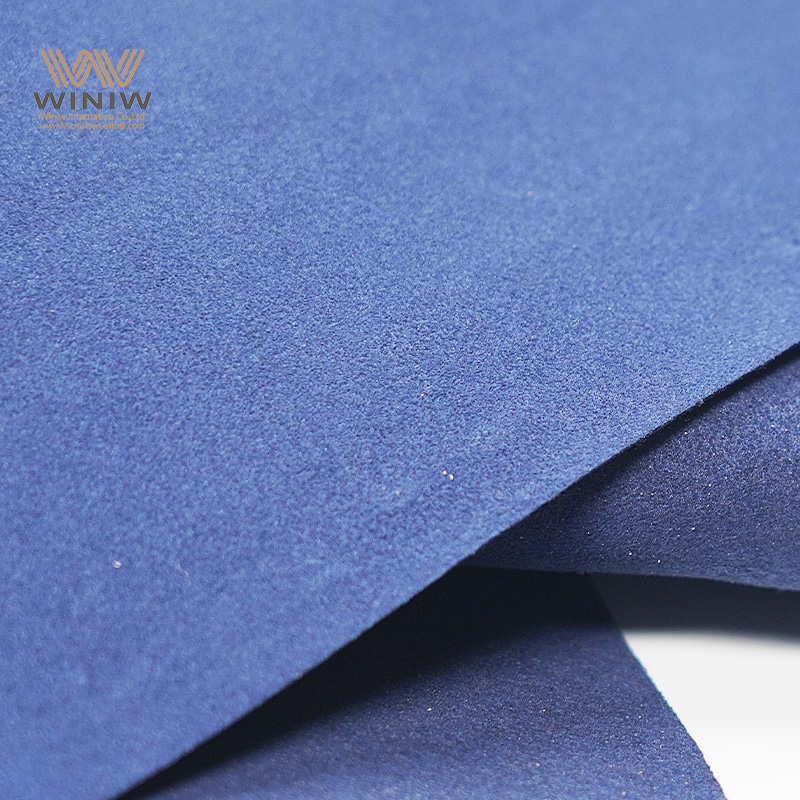
Ignoring proper drying technique causes water spots. Dry in sections for best results.
Not using a suitable towel reduces absorbency. Choose microfiber towels for superior cleaning.
Overlooking towel maintenance shortens lifespan. Wash and inspect towels regularly.
Drying towels in direct sunlight leads to water spots. Air dry in a shaded area.
Note: Rushing through detailing increases the risk of mistakes. Take time to inspect and prepare towels before each use.
Mistakes to Avoid
Detailers often encounter issues that affect both the towel and the vehicle. Recognizing common mistakes helps prevent damage and ensures a flawless finish.
Mistake | Impact on Towel | Impact on Vehicle Surface |
|---|---|---|
Using contaminated towels | Reduces effectiveness | Causes scratches and streaks |
Skipping pre-wash | Leaves residues | Transfers chemicals to paint |
Excessive pressure | Wears out fibers | Creates swirl marks |
Poor drying technique | Traps moisture | Leaves water spots |
Wrong towel selection | Low absorbency | Incomplete cleaning |
Callout: Consistent care and attention to detail protect both the towels and the vehicle. Regular washing, proper storage, and gentle handling extend the life of suede microfiber towels and keep car surfaces looking their best.
By following these do’s and don’ts, car owners and detailers maintain the quality of their suede microfiber towels and achieve professional results every time.
Care and Maintenance
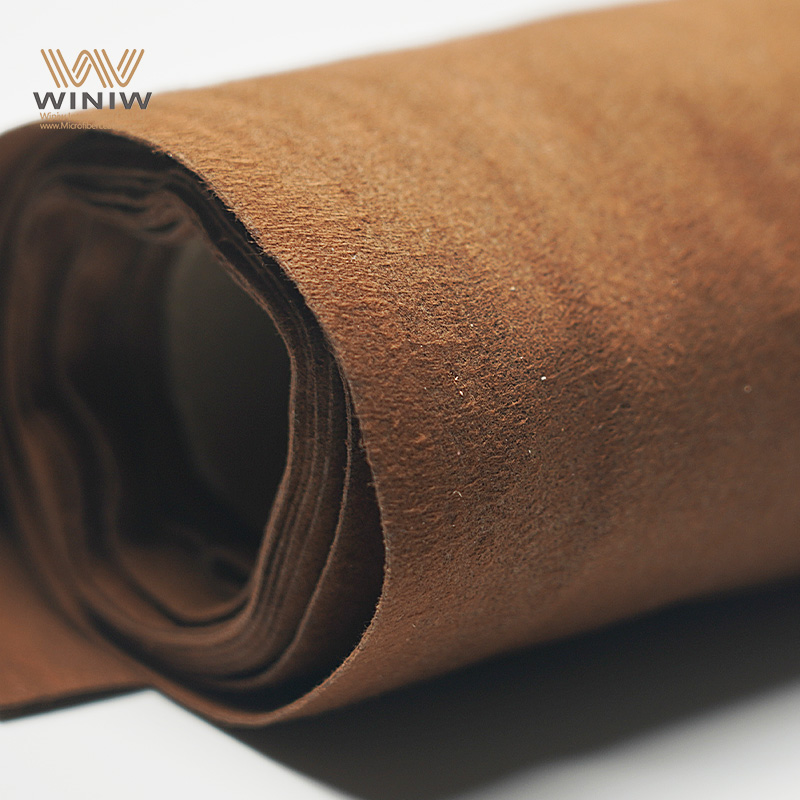
Cleaning Microfiber Towels
Microfiber towels play a vital role in car detailing. Regular cleaning keeps them effective and extends their lifespan. Many detailers recommend washing towels after each use to remove dirt, residues, and chemicals. The best practices for cleaning microfiber towels include using a gentle, colorless, and fragrance-free detergent. Bleach and fabric softeners can damage the fibers, so avoid them. Select a lukewarm setting for the wash, usually between 40–60 °C (100–140 °F). Hot water may degrade the fibers and reduce absorbency.
Wash towels in warm or cold water.
Use a gentle detergent without added scents or colors.
Avoid bleach and fabric softeners.
Opt for low-heat or air-drying settings.
Many professionals stick to warm or cold water washes to preserve the softness and cleaning power of microfiber towels. Washing towels separately from other fabrics prevents lint and contamination. Regular maintenance tips include inspecting towels for loose threads and debris before washing. This step helps maintain the quality of towels used for clean suede car seats and other delicate surfaces.
Tip: Always wash microfiber towels after each detailing session to keep them ready for the next use.
Removing Stains from Suede
Removing stains from suede requires prompt action and the right technique. Fresh spills on suede car seats should be addressed quickly. Blot the area with a clean, dry microfiber towel. Avoid pressing down, as this can push the stain deeper into the fibers. For thicker substances, use a spatula to scoop off excess before blotting.
Act fast when spills occur.
Blot lightly with absorbent materials.
Use a spatula for thicker substances.
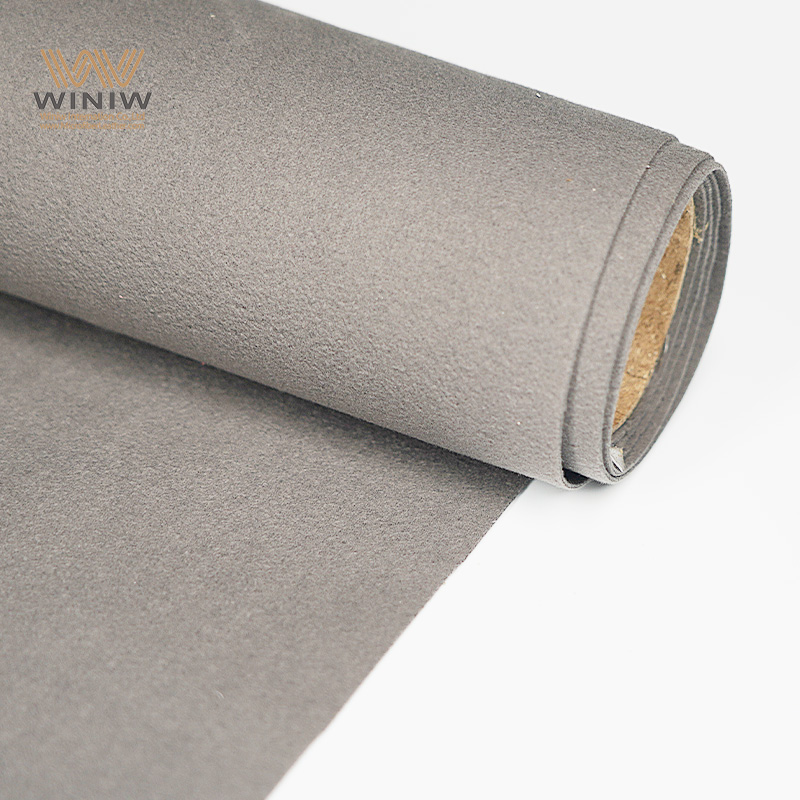
Treating oil-based stains on suede car seats involves using a specialized suede cleaner. Dab at the stain without rubbing to prevent spreading. Handling water-based stains works best with a mixture of equal parts white vinegar and water. Dampen a cloth and blot the stain gently. For tough stains, use a suede brush to lift the fibers and release the residue. Allow the area to dry, then brush gently to restore the fabric's texture.
Pre-treat heavily soiled towels with a revitalizer spray.
Pre-soak towels in a bucket with water and revitalizer.
Use a suede brush for tough stains.
Dry and brush the area to maintain softness.
Regular maintenance tips for clean suede car seats include checking for stains after each use and treating them immediately. This approach keeps seats looking new and prevents permanent marks.
Note: The longer a spill sits on suede car seats, the harder it becomes to remove. Quick action ensures the best results.
Drying and Storage
Proper drying and storage protect microfiber towels and suede car seats from mildew and damage. After cleaning, ensure towels are completely dry before storing them. Air-drying or using a low-heat setting preserves the softness of the fibers. Avoid airtight containers for towels with foam cores unless they are fully dry. Store towels in plastic storage totes to keep them dust-free and safe from insects.
Dry towels thoroughly before storage.
Use air-drying or low-heat settings.
Store in plastic totes to prevent contamination.
Avoid airtight containers for damp towels.
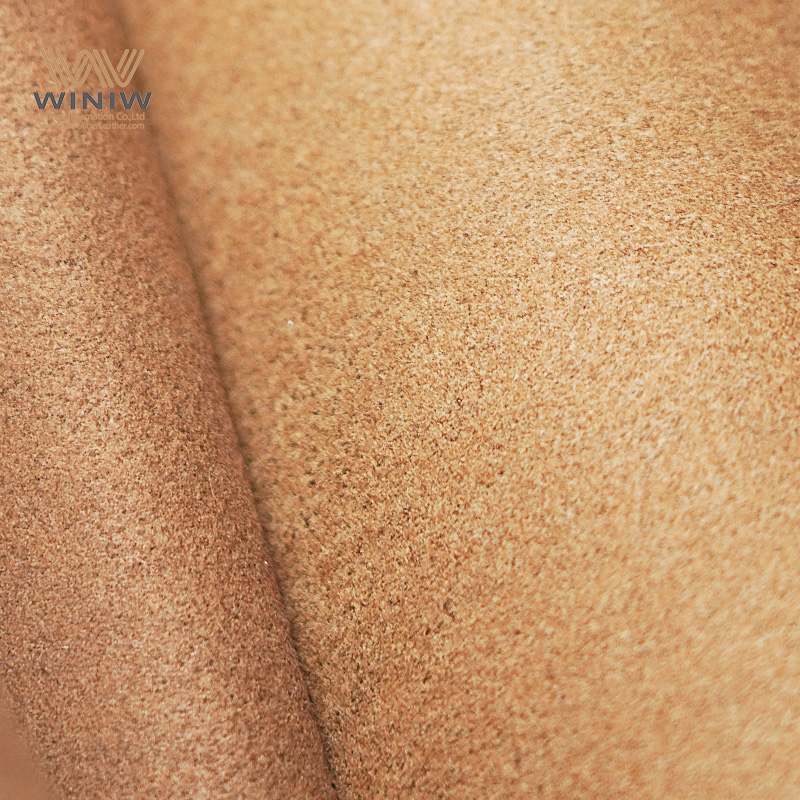
Many detailers fold towels immediately after drying to maintain their shape and softness. Storing towels separately from other items reduces the risk of cross-contamination. Regular maintenance tips include inspecting towels before storage and keeping them in a clean, dry place.
Callout: Proper drying and storage keep microfiber towels ready for every detailing task and help maintain the luxurious feel of clean suede car seats.
Troubleshooting
Lint and Streaks
Lint and streaks can frustrate anyone who wants a spotless finish on their vehicle. Many users notice that cheaper microfiber towels, especially those from supermarkets, often leave lint behind. This problem becomes more obvious when cleaning glass or delicate surfaces like suede car seats. The quality of the towel plays a major role in how much lint appears. High-quality towels, such as those made with advanced microfiber suede, reduce lint and streaks.
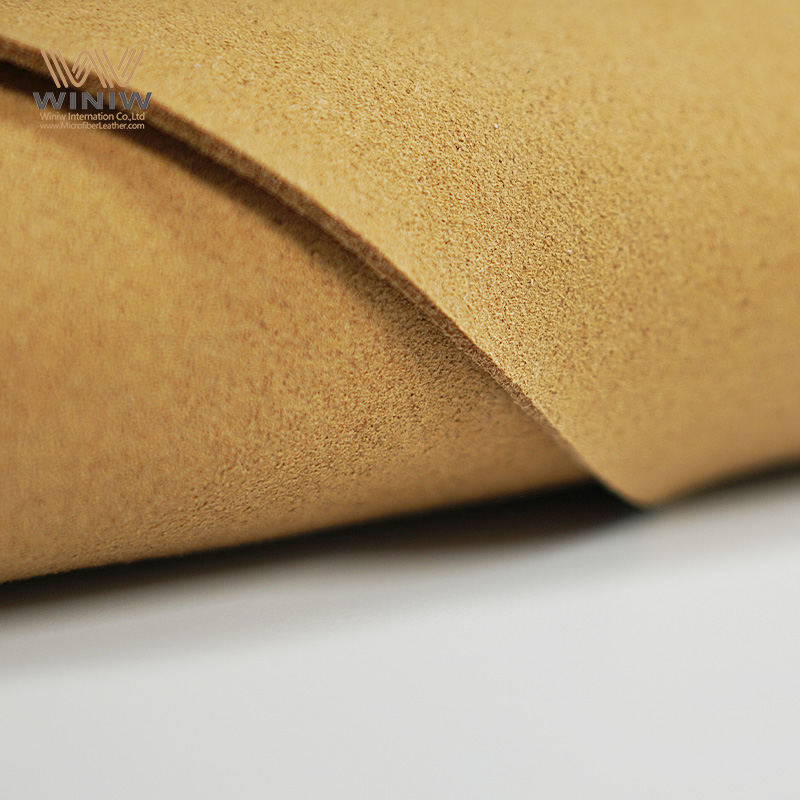
To prevent lint and streaks, detailers recommend several practical steps:
Wash towels by hand. This method helps avoid lint buildup that sometimes occurs in washing machines.
Use a lint roller between washes. A lint roller quickly removes loose fibers from the towel surface.
Invest in better microfiber towels. Higher-quality towels shed less lint and provide a smoother finish.
When cleaning suede car seats, always check towels for lint before use. Lint can stick to the surface and make stains harder to remove. Regular inspection and proper washing keep towels in top condition and help maintain a flawless look.
Loss of Softness
Over time, microfiber towels may lose their softness. This change affects their ability to clean suede car seats and remove stains gently. Several factors contribute to this problem. Using harsh detergents, washing with fabric softener, or drying towels on high heat can damage the fibers. When towels become rough, they may scratch surfaces or push stains deeper into suede car seats.
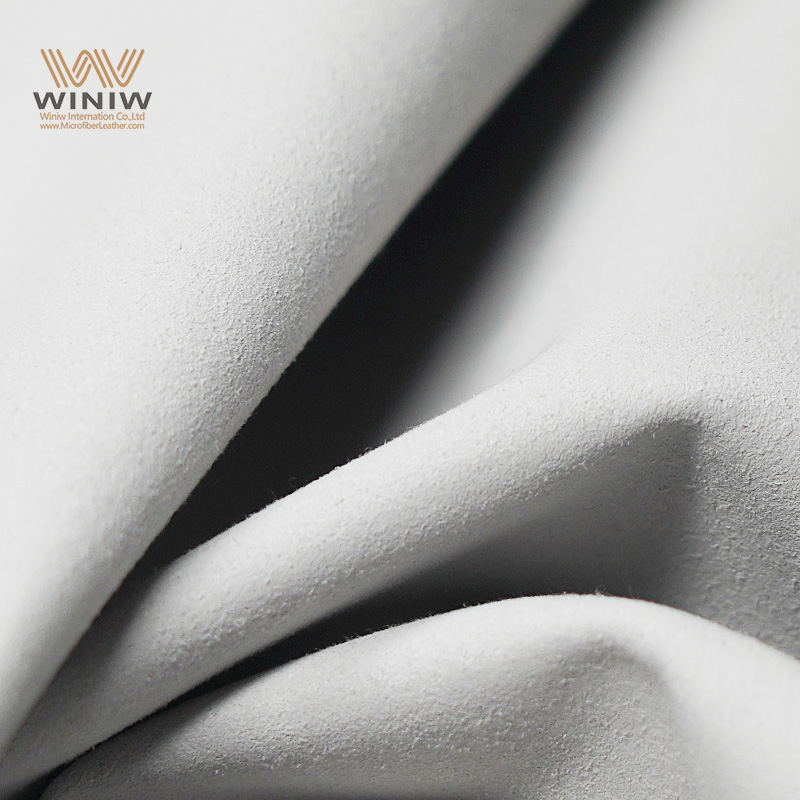
To restore softness, always use a gentle, fragrance-free detergent. Avoid fabric softeners, as they coat the fibers and reduce absorbency. Air-drying towels or using a low-heat setting helps preserve their texture. If towels still feel stiff, soak them in a mixture of water and white vinegar before the next wash. This method can help break down residue and bring back softness.
Soft towels make cleaning suede car seats easier and more effective. They lift stains without damaging the material. Regular care ensures towels stay gentle and ready for every cleaning task.
When to Replace
Knowing when to replace microfiber towels is important for anyone who values clean suede car seats and effective stain removal. Several signs indicate that a towel has reached the end of its useful life:
Fading, fraying, or visible wear and tear.
Loss of softness or reduced absorbency.
Chemical damage from strong cleaners.
Towels that no longer remove stains effectively.
Usage frequency also matters. Towels used daily for cleaning suede car seats and stains may need replacement sooner than those used occasionally. Proper maintenance, such as regular washing and careful drying, extends the lifespan of each towel. On average, a well-maintained microfiber towel can last 300 to 500 washes. Frequent users should consider replacing towels every 6 to 12 months or sooner if they notice performance issues.
Replacing worn towels ensures that cleaning remains effective. Fresh towels protect suede car seats from new stains and keep every surface looking its best.
Maximizing Lifespan
Rotating Towels
Rotating towels helps maintain their effectiveness and extends their usable life. Detailers often keep several sets of suede microfiber towels on hand. They assign each set to a specific task, such as drying, polishing, or cleaning glass. By rotating towels, users avoid excessive wear on any single towel. This practice also allows towels to rest between uses, which helps fibers recover their softness.
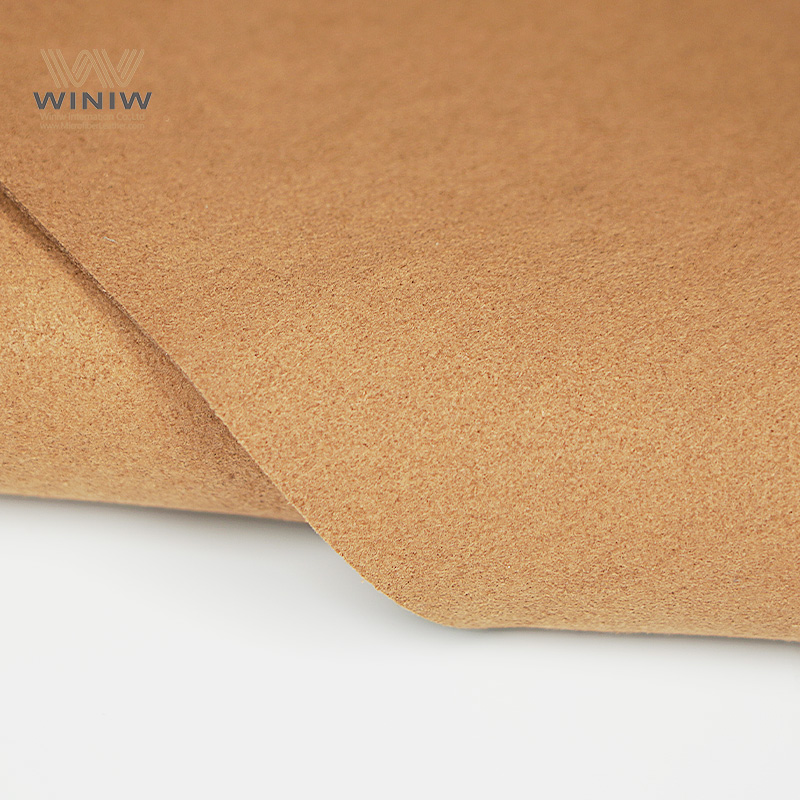
A simple rotation system looks like this:
Towel Set | Task | Rotation Frequency |
|---|---|---|
Set A | Drying | Every session |
Set B | Polishing | Every session |
Set C | Glass cleaning | Every session |
Tip: Mark towels with colored tags or labels to track their rotation and usage.
Regular rotation prevents towels from becoming overused or damaged. Sinocomfort’s Microfiber Suede Fabric responds well to this method, retaining its durability and texture over time.
Separate for Interior/Exterior
Separating towels for interior and exterior tasks protects both the towels and the vehicle. Interior surfaces, such as dashboards and seats, collect dust and oils. Exterior surfaces, including paint and wheels, gather road grime and brake dust. Using the same towel for both areas can transfer contaminants and reduce cleaning effectiveness.
Detailers organize towels by color or label. For example, blue towels clean glass, gray towels handle paint, and brown towels work on wheels. This system keeps each towel dedicated to a single purpose.
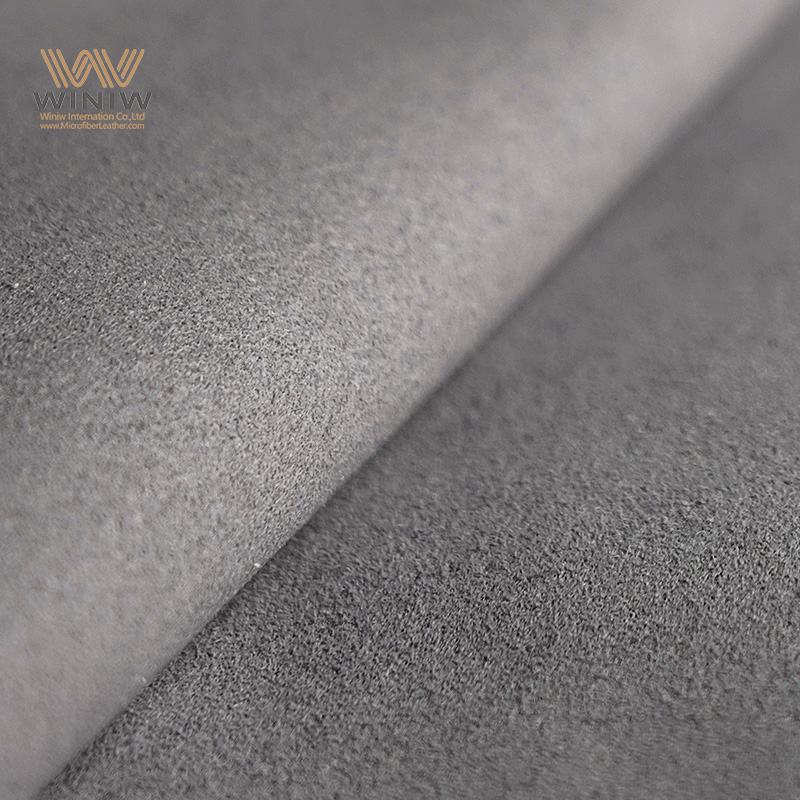
Assign specific colors for interior and exterior tasks.
Store towels in separate bins or containers.
Inspect towels before switching tasks.
Note: Dedicated towels for each area help prevent scratches and maintain a professional finish.
Sinocomfort’s range of colors and textures makes it easy to implement this strategy. Users select the best towel for each job, ensuring optimal results and longer towel life.
Preventing Contamination
Preventing contamination remains essential for maximizing the lifespan of suede microfiber towels. Contaminants, such as dirt, chemicals, and oils, can damage fibers and reduce absorbency. Detailers follow strict protocols to keep towels clean and effective.
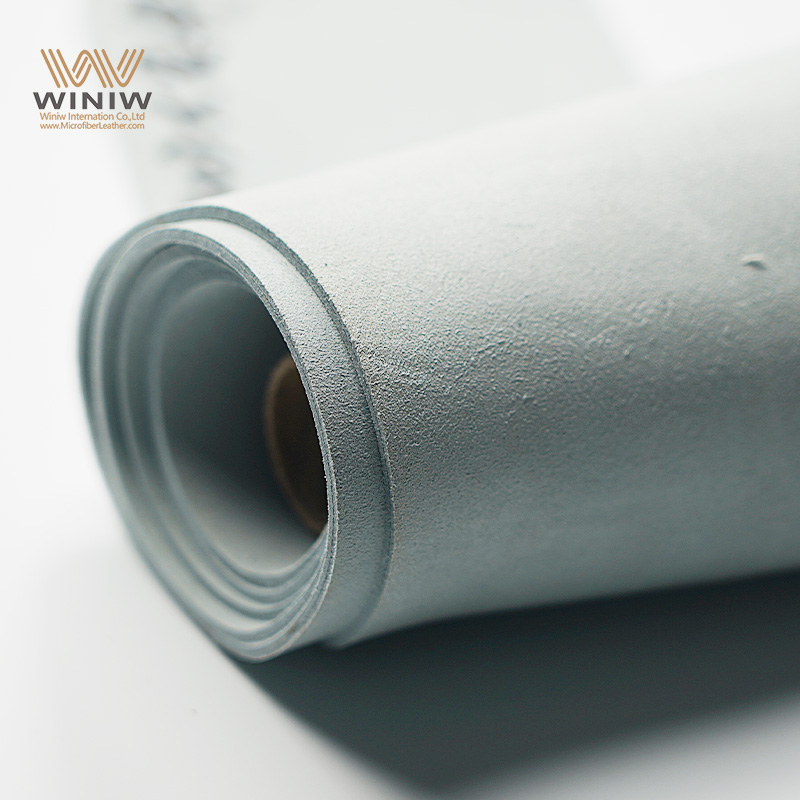
Key steps include:
Wash towels separately from other fabrics.
Use a gentle, fragrance-free detergent.
Avoid fabric softeners and bleach.
Store clean towels in airtight containers or bins.
Inspect towels before each use for debris or stains.
Callout: Clean towels deliver better results and protect vehicle surfaces from scratches and streaks.
Sinocomfort’s Microfiber Suede Fabric benefits from these practices. Proper care ensures towels remain soft, absorbent, and ready for every detailing session. By rotating towels, separating them by task, and preventing contamination, users achieve professional results and extend the life of their investment.
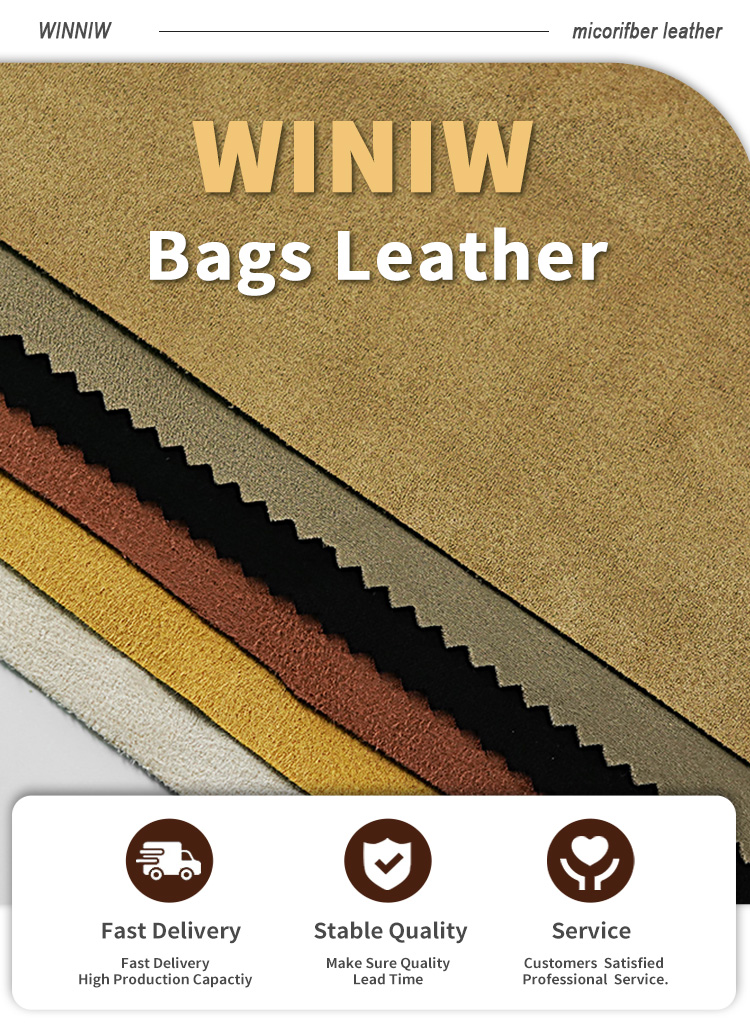
Suede microfiber offers excellent results for car detailing when users select quality towels, follow proper cleaning methods, and store them correctly. Regular maintenance keeps towels soft and effective. Readers who apply these tips will see better results and longer-lasting towels during every detailing session. Sinocomfort’s Microfiber Suede Fabric provides a reliable option for anyone who wants to upgrade their detailing routine. Try it and share your experience to help others achieve a cleaner, more polished vehicle.
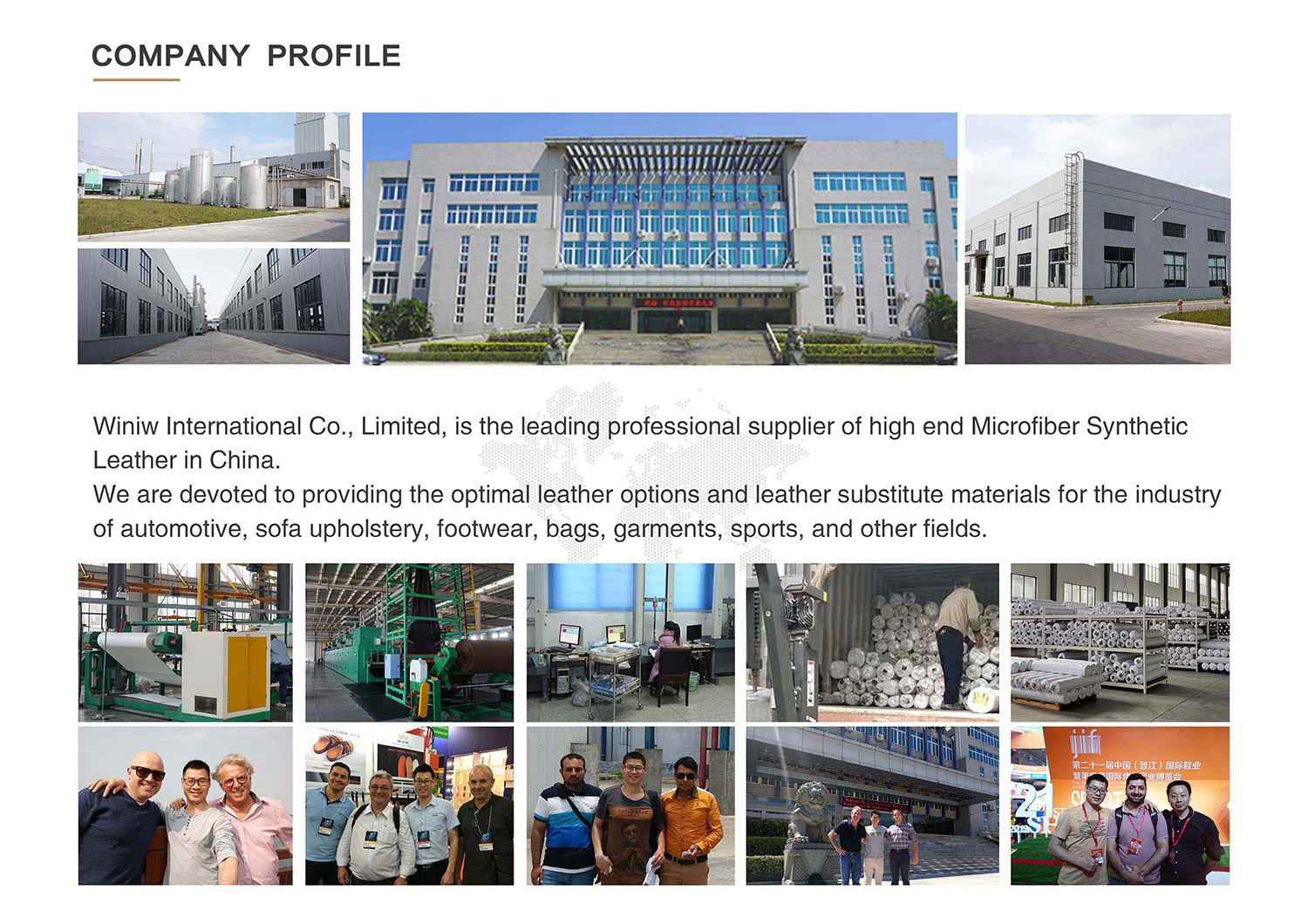
FAQ
What makes suede microfiber different from regular microfiber towels?
Suede microfiber features a smooth, uniform surface. This design reduces the risk of scratching delicate surfaces. Regular microfiber towels often have a looped texture, which works well for general cleaning but may not suit sensitive finishes.
Can you use suede microfiber towels on all car surfaces?
Yes, suede microfiber towels work on paint, glass, leather, and plastic. They clean without leaving lint or streaks. Always assign separate towels for different areas to prevent cross-contamination.
How often should you wash suede microfiber towels?
Wash towels after every use. This practice removes dirt and chemicals. Clean towels maintain their softness and effectiveness. Regular washing also helps prevent scratches during future detailing sessions.
What is the best way to dry suede microfiber towels?
Air-drying works best. Lay towels flat or hang them in a shaded area. Low-heat machine drying is also safe. Avoid direct sunlight, which can damage fibers and reduce towel lifespan.
Do suede microfiber towels leave lint on glass?
High-quality suede microfiber towels rarely leave lint. Lower-quality towels may shed fibers. To avoid lint, choose reputable brands and inspect towels before use.
How can you tell when to replace a suede microfiber towel?
Replace towels that show fraying, loss of softness, or reduced absorbency. Towels that no longer clean effectively or leave streaks should be retired. Most last through 300 to 500 washes with proper care.
Are suede microfiber towels safe for ceramic coatings?
Yes, suede microfiber towels provide a smooth, gentle touch. They help level coatings evenly and remove excess product without scratching. Many professionals recommend them for applying and removing ceramic coatings.
Can you use fabric softener when washing suede microfiber towels?
Never use fabric softener. It coats the fibers and reduces absorbency. Always choose a gentle, fragrance-free detergent for best results.


